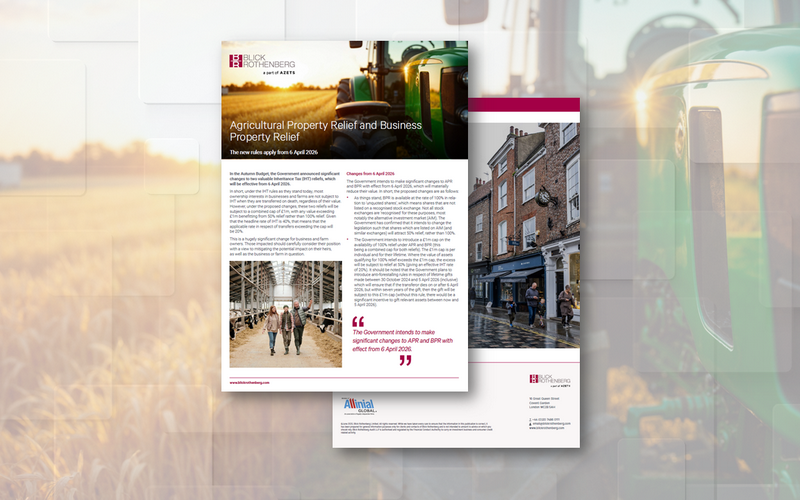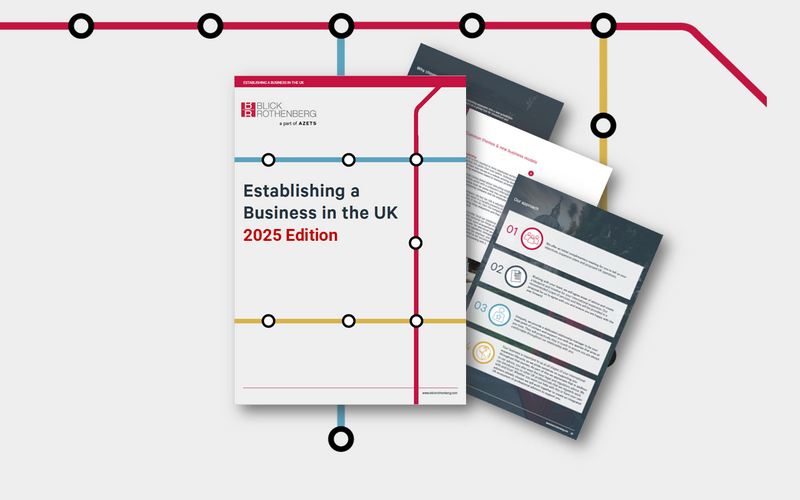Our latest news & insights
Latest news & insights

Unlocking Growth: What the Government’s 2025 Industrial Strategy Means for the UK’s Creative Sector

A ray of hope for the Property Market: HMRC transaction data suggests recovery momentum

Spotlight on…Are you ready for the FCA’s proposed Stablecoin & Crypto Custody rules?

Tax Receipts on the Rise but the UK’s Public Borrowing Problem Persists

Wimbledon Prize Money Rise Set to Deliver Increased Tax Revenues for HMRC

Agricultural Property Relief and Business Property Relief – Flyer

Agricultural Property Relief and Business Property Relief

Short Term Business Travellers

Establishing a Business in the UK Guide – 2025

HMRC’s ‘Making Tax Digital’ project is pointless

Spending Review 2025: Investment Ambitions Face Reality Check














